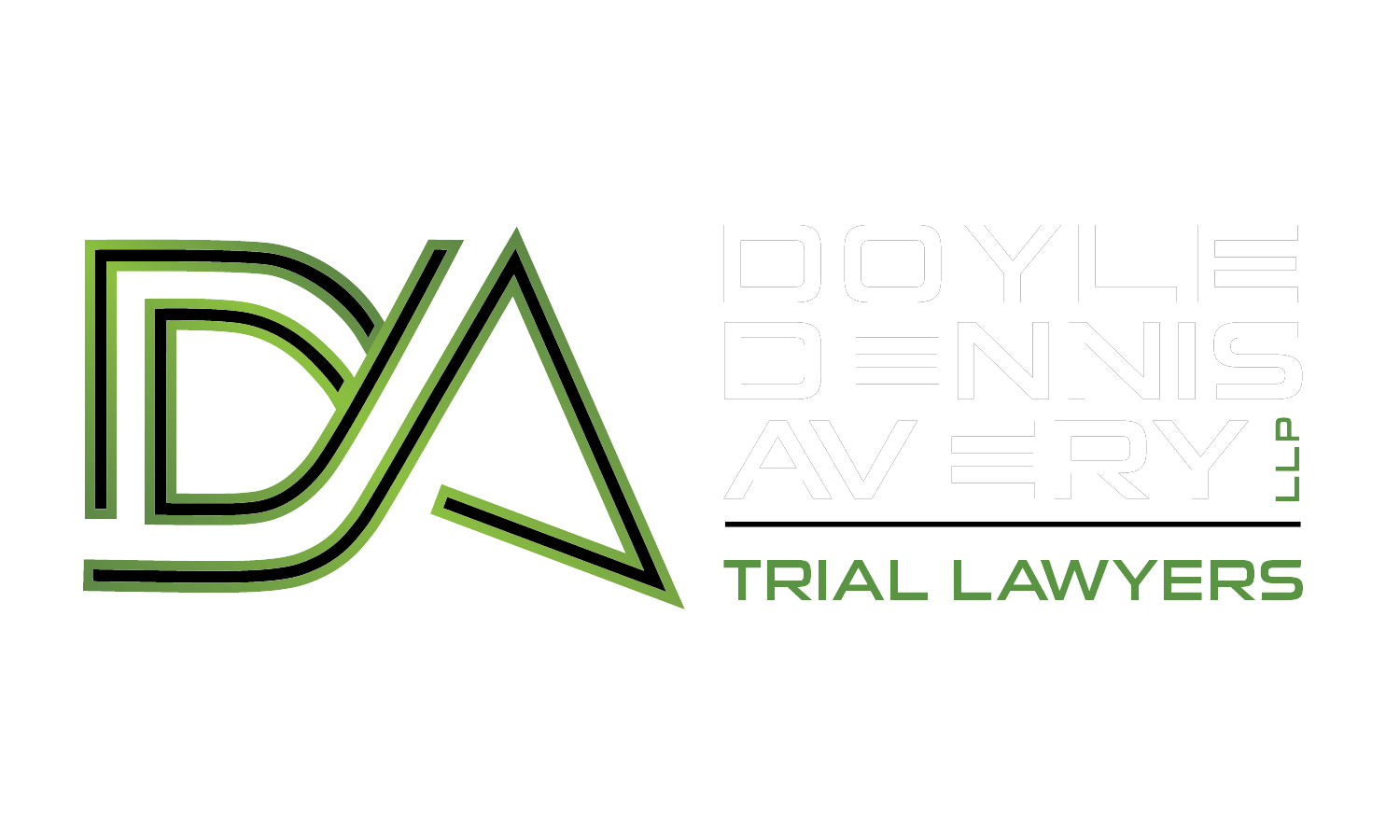Wrongful Termination for refusing to perform illegal activity
Generally, Texas is an at-will state, and thus an employee’s employment may generally be terminated for any reason. However, the Texas Supreme Court has established an important protection for employees who have been terminated after refusing to violate Texas law. Doyle Dennis Avery LLPproudly represents whistleblowers who have faced retribution for refusing to violate Texas law.
What is Sabine Pilot?
Employers may never terminate a worker for refusing to perform an illegal act. In Sabine Pilot v. Hauck, the Texas Supreme Court determined that an at-will employee may sue his employer where he refused to commit an illegal act for his employer and was consequently fired. Still, there are limitations on this type of claim. An employee may not bring a Sabine Pilot claim immediately after being asked to perform an illegal activity. Instead, he or she must first refuse to perform the illegal act and as a result of the refusal, be fired. At that point, the employee may have a Sabine-Pilot-based claim.
What Damages can A Sabine Pilot Plaintiff Recover?
An employee who was fired as a result of refusing to perform an illegal act may recover several different types of monetary damages, including lost wages and mental anguish damages. An employee in a Sabine Pilot lawsuit may also recover punitive damages so long as he or she shows malice surrounding the employment termination. For example, malice might exist where the employer, in firing the worker, consciously ignored a risk of serious additional harm such as interfering with the worker’s future employment, harassing the worker, or terminating the worker’s employment while knowing that the reason for firing him was unlawful.
What other claims may be available?
Because many of the federal and statute whistleblower statutes overlap in their protection, it is important to fully analyze the possible statutory violations for a Sabine Pilot whistleblower. This may include violations of Sarbanes-Oxley, Dodd-Frank, the False Claims Act, the Fair Labors Standards Act, Surface Transportation Assistance Act, the Seaman Protection Act, the Pipeline Safety Improvement Act, the Consumer Product Safety Improvement Act, Federal Railroad Safety Act, The Energy Reorganization Act (ERA) of 1974, Moving Ahead for Progress in the 21st Century, the National Transit Systems Security Act of 2007, the Federal Food, Drug, and Cosmetic Act, The Consumer Financial Protection Act, the Department of Defense Authorization Act of 1987, the Anti-Money Laundering Act, The Criminal Antitrust Anti-Retaliation Act, or the Tax Payers First Act
Doyle Dennis Avery LLP has substantial experience and results representing employees who were wrongfully fired. If you have been wrongfully fired as a result of refusing to perform an illegal action, contact us today.
Copyright © 2025 Doyle Dennis Avery LLP Trial Lawyers. All rights reserved. Powered By Blue Beam LLC
The information on this website is intended for general informational purposes only and is not legal advice for any individual case or situation. Viewing or receipt of content on this website does not create an attorney-client relationship between the user and Doyle Dennis Avery LLP.
The cases, verdicts and settlements displayed on this site are solely for illustrative purposes and should not be considered a guarantee or prediction of the outcome of any other claims or cases. Each case is unique, and past outcomes are not indicative of future results.
We recommend that users consult with an attorney for legal advice on any questions or concerns they may have. Users rely on the information on this website at their own risk.
